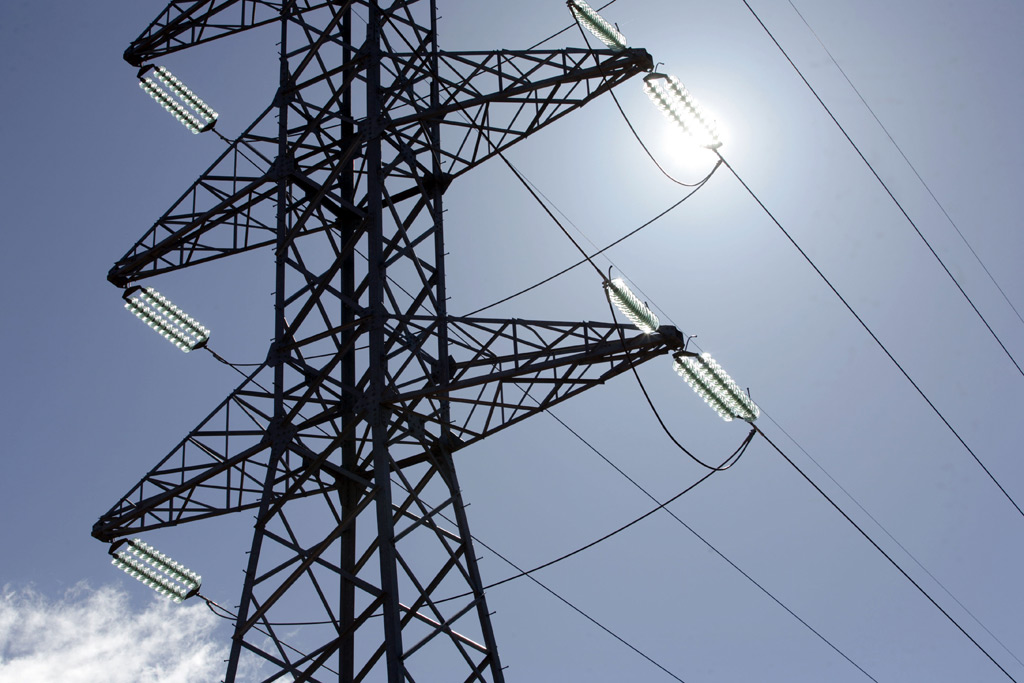WSi News2017-02-15 10:41:45
UN Security Council urges joint measures to protect ‘critical infrastructure’ from terrorist attacks
Given the importance of critical infrastructure for a country’s prosperity and security and against the backdrop of increasingly diverse physical and cyber threats from terrorist groups, the United Nations Security Council today underlined the need for international collaboration – both domestically and across borders – to ensure their protection.
In a resolution adopted unanimously today, the 15-member Council reiterated “the need to strengthen efforts to improve security and protection of particularly vulnerable targets, such as infrastructure and public places.”
Attacks against objects and sectors such as banking and finance, telecommunications, emergency services, air, maritime and rail transportation, and energy and water supply – perceived as ‘attractive targets’ for terrorist groups – can result not only in civilian casualties, but also damage property on a large scale, disrupt proper functioning of public services, and create chaos in societies.
Such attacks may also cause widespread environmental damage, as well as significantly undermine national defence capabilities.
Further in the resolution, the Security Council – the UN body with the responsibility for maintenance of international peace and security – also underscored the importance of partnerships at all levels and with public and private stakeholders.
It called upon UN Member States “to share information […] to prevent, protect, mitigate, investigate, respond to and recover from damage from terrorist attacks on critical infrastructure facilities, including through joint training, and use or establishment of relevant communication or emergency warning networks.”
The resolution was adopted at an open Security Council debate on vulnerabilities, interdependencies and capabilities and the cascading impacts of terrorist attacks on critical infrastructure, as well as measures to prevent them.
Image: High voltage transmission lines, like these in Lesotho, are a key component in national electrical grids. They also play an important role in energy security by reducing electrical loss in the form of heat. Photo: World Bank/John Hogg
For more information contact:
